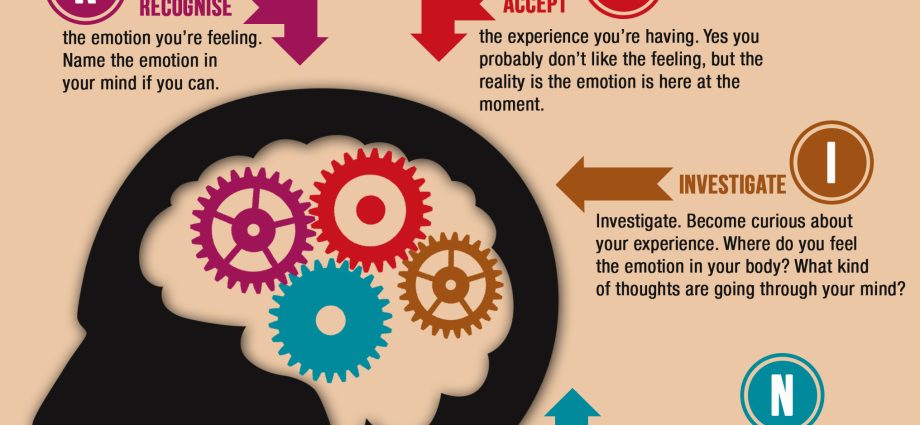Emotions are physical experiences. The body can tell us what we are experiencing. Psychoanalyst Hilary Handel talks about how emotions manifest in our body and what steps can be taken to learn to hear them.
“The heat of the bones does not break!”, “You invent everything!”, “What a suspicious!” Many of us have been taught not to pay attention to the state of our body, not to trust our own feelings. But having matured, we get the opportunity to change the settings driven in childhood. Learn to live in harmony with yourself and the world around you.
Feelings and physiology
Plunging into experiences, we seem to forget about our integrity, about the interconnection of processes at the emotional and bodily levels. But the brain is the central part of the nervous system, which is responsible not only for motor activity, but also for feelings. The nervous system is connected to the endocrine system and others, so our emotions and body cannot exist separately from each other.
“Emotions are physical experiences,” writes psychoanalyst Hilary Handel. “Essentially, each emotion causes specific physiological changes. They prepare us for action, a response to a stimulus. We can feel these changes physically — for this you need to pay attention to your body.
When we are sad, the body becomes heavier, as if it has an additional load on it. When we feel shame, we seem to shrink, as if we are trying to become smaller or disappear altogether. When we are excited, the body is filled with energy, it is as if we are bursting from the inside.
Body language and thought language
Each emotion responds differently in the body. “When I first heard about this, I wondered why we were not taught to listen to ourselves in school,” says Dr. Handel. “Now, after training and practice, I realize that my brain and body communicate in two different languages.”
The first, «the language of thought», speaks in words. The second, «the language of emotional experience,» speaks through physical sensations. We are accustomed to pay attention only to the language of thoughts. We believe that thoughts control everything — both behavior and emotions. But this is not true. The bottom line is that just emotions affect our thoughts and behavior.
הערן צו זיך
The body itself can tell about our emotional state — whether we are calm, confident, in control, sad or confused. Knowing this, we can choose to ignore its signals or listen carefully.
“Learn to listen and recognize yourself in a way that you have never even tried before,” writes Hilary Handel.
The psychoanalyst suggests conducting an experiment and learning to listen to your body. Without self-criticism and coercion, with interest and without trying to judge yourself for the “right” or “wrong” performance of the exercise.
- find a comfortable and quiet place;
- begin to tune in to your body, paying attention to your breath. Try to feel how you breathe;
- pay attention to whether you are taking deep breaths or shallow ones;
- observe where the breath is directed — in the stomach or in the chest;
- note whether you exhale longer than you inhale, or vice versa;
- imagine breathing slowly and deeply, filling your toes, then your feet, calves, and shins, then your thighs, and so on;
- pay attention to what type of breathing relaxes and calms you — deep or shallow.
The habit of being attentive to the body helps to better navigate how we react to certain external stimuli. This is another way to know yourself and take care of yourself.
About the Expert: Hilary Jacobs Handel is a psychoanalyst and author of Not Necessarily Depression. How the triangle of change helps you listen to your body, open your emotions, and reconnect with your authentic self.










